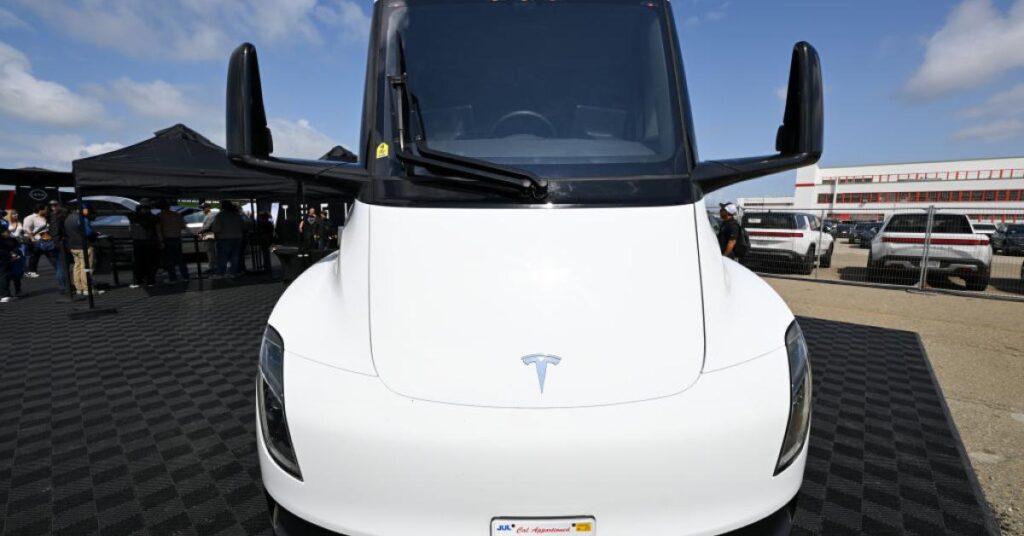Trump Administration’s Review of Emission Standards
The decision by the Trump administration to reassess the emission goals set by the U.S. Environmental Protection Agency (EPA) is seen as favorable by trucking companies, which have characterized the mandates as unattainable.
EPA’s Reevaluation Announcement
EPA Administrator Lee Zeldin confirmed that the agency will be reevaluating the stringent emissions standards for heavy-duty trucks, as well as its authority to regulate greenhouse gases more broadly. The EPA plans to revisit the proposed emissions standards for light, medium, and heavy-duty vehicles starting with model year 2027.
Industry Concerns About Mandates
Industry representatives have expressed that the current mandates are impractical due to the current state of battery-electric technology and the significant deficiency of charging infrastructure.
Potential Business Impact
Mike Kucharski, co-owner of JKC Trucking in Chicago, stated to The Center Square that the mandates, particularly those requiring companies to invest in costly electric trucks, could lead to the permanent closure of many trucking firms, triggering a wider economic fallout.
Small Businesses at Risk
Kucharski emphasized that “Ninety-five percent of trucking companies are small businesses operating 10 trucks or fewer.” He warned that adherence to these mandates could drive numerous carriers out of business, resulting in greater price inflation across goods.
Previous Administration’s Goals
The more stringent emissions standards established by the Biden administration in 2022 aimed to reduce pollutants emitted from truck exhaust while promoting the adoption of hydrogen and battery-operated electric vehicles.
Responses to the Announcement
A representative from the Electric Vehicle Association expressed disappointment regarding the Trump administration’s decision. CALSTART, an organization dedicated to the decarbonization of transportation, also released a statement highlighting the dangers of reversing progress. They warned that stepping back could compromise U.S. leadership in the industry, particularly as other countries like China advance in the electric vehicle sector through progressive policies and market investments.


